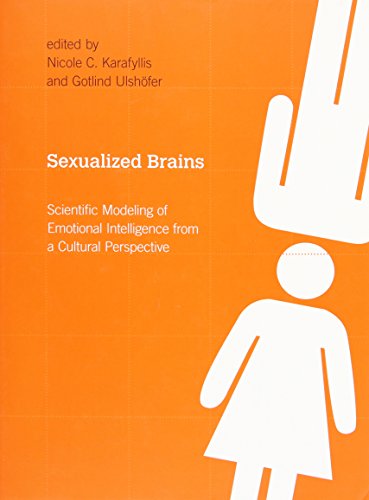

Most ebook files are in PDF format, so you can easily read them using various software such as Foxit Reader or directly on the Google Chrome browser.
Some ebook files are released by publishers in other formats such as .awz, .mobi, .epub, .fb2, etc. You may need to install specific software to read these formats on mobile/PC, such as Calibre.
Please read the tutorial at this link: https://ebookbell.com/faq
We offer FREE conversion to the popular formats you request; however, this may take some time. Therefore, right after payment, please email us, and we will try to provide the service as quickly as possible.
For some exceptional file formats or broken links (if any), please refrain from opening any disputes. Instead, email us first, and we will try to assist within a maximum of 6 hours.
EbookBell Team

0.0
0 reviewsThe now-popular idea that emotions have an intelligent core (and the reverse, that intelligence has an emotional core) comes from the neurosciences and psychology. Similarly, the fundamental sexualization of the brain--the new interest in "essential differences" in male and female brains and behaviors--is based on neuroscience research and neuroimages of emotions. In Sexualized Brains, scholars from a range of disciplines reflect on the epistemological claims that emotional intelligence (EI) can be located in the brain and that it is legitimate to attribute distinct kinds of emotions to the biological sexes. The brain, as an icon, has colonized the humanities and social sciences, leading to the emergence of such new disciplines as neurosociology, neuroeconomics, and neurophilosophy. Neuroscience and psychology now have the power to transform not only the practice of science but also contemporary society. These developments, the essays in this volume show, will soon affect the very heart of gender studies. Contributors examine historical views of gender, sex, and elite brains (the influential idea of the "genius"); techniques for representing and measuring emotions and EI (including neuroimaging and pop science); the socioeconomic contexts of debates on elites, EI, and gender and the underlying power of the brain as a model to legitimize social disparities. ContributorsAnne Bartsch, Carmen Baumeler, Myriam Bechtoldt, Kathrin Fahlenbrach, Malte-Christian Gruber, Michael Hagner, Bärbel Hüsing, Eva Illouz, Nicole C. Karafyllis, Carolyn MacCann, Gerald Matthews, Robert Nye, William Reddy, Richard D. Roberts, Ralf Schulze, Gotlind Ulshöfer, Moshe Zeidner